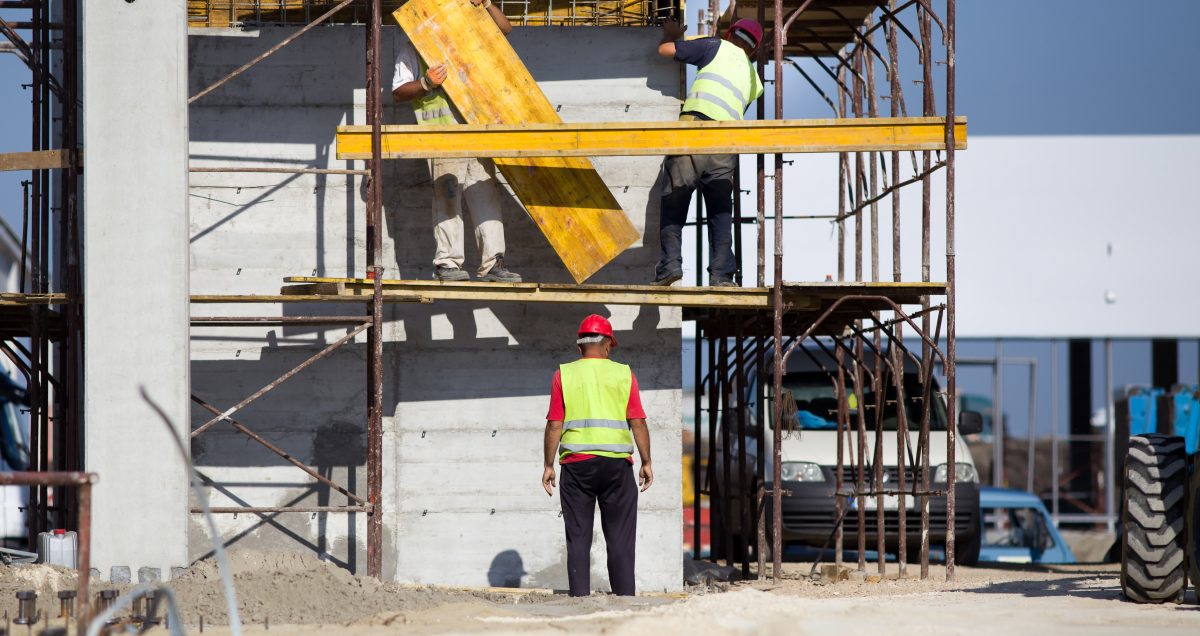Construction Injury
Advocating For Oregon Residents Involved In Construction Accidents
An Oregon worker who gets hurt on a construction project has options. We can help.
 Back to all Practice Areas
Back to all Practice Areas Construction Accidents: Where To Start
The first thing to look at is workers’ compensation from the employer. Benefits are supposed to get paid quickly, and it’s a no-fault system, so the worker doesn’t have to prove the employer was at fault in causing the injury. That’s the good news.
The bad news is that the benefits available include "time loss" for lost wages, medical expenses for necessary treatment, and permanent disability benefits if there is permanent impairment, but the system pays nothing for what the worker loses in the rest of his life. The injury may completely change the worker’s life, but the only compensation is for the loss of the ability to work.
What Can Be Done & What Can't Be Done
The injured worker can’t sue his employer for negligence for an on-the-job injury because that was the trade-off for "no-fault workers’ compensation."Workers’ compensation is the only remedy the injured worker has against his employer. (That’s the Employer Liability Law, and it’s been the law in Oregon since 1911, see the section below for more.)
However, other subcontractors or the general contractor on a construction site can be liable for an injury if they had control over the activity that caused the injury and if they failed to take every practical “device, care, and precaution” for worker safety. For example, an installer for ABC Drywall contractor might be hurt in a fall from a scaffold while helping load sheetrock into a building under construction. That injured worker has a workers’ compensation claim against ABC Drywall for his injuries, including time loss benefits, medical expenses and a permanent disability award if the injury is serious. That would be his only remedy against ABC because it is his employer. But if the worker fell because part of the scaffolding had been improperly attached by DEF Scaffolding Company, he might have a claim against DEF Scaffolding for his injuries. If he fell because the forklift carrying the sheetrock, driven by an employee of GHI Sheetrock Manufacturers, ran into the scaffolding and caused it to collapse, he would likely have a claim against GHI Sheetrock. If he fell because the scaffolding had no railing, and the general contract for the project specified scaffolding with no railing, he might have a claim against DEF Scaffolding and the General Contractor for the unsafe scaffold.
In a claim against another subcontractor or the general contractor under the Employer Liability Law, the injured worker would need to prove fault – that the contractor did something careless or failed to take all practical safety measures. The injured worker would also be able to recover damages not only for lost wages and medical expenses but also for pain and suffering, for loss of enjoyment of life and other “noneconomic” damages.
This is not a plan for double recovery, however. If the injured worker receives workers’ compensation benefits, then recovers damages in an action against a subcontractor or the general contractor under the Employer Liability Law, the workers’ compensation insurer is entitled to recover some or all of the workers’ compensation benefits paid, according to a formula established by law. That formula makes sure that the injured worker gets some recovery of damages over and above the workers’ compensation benefits he received because of the injury.
About the Employer Liability Law
Construction site accidents often involve the negligence of the general contractor and/or another subcontractor. In such cases we have successfully used Oregon’s Employer Liability Law (“ELL”), also known as the Oregon Employer’s Liability Act (“ELA”), to recover funds for our clients injured on the job. This law (ORS 654.305) allows, in some circumstances, for an injured worker to recover damages in addition to benefits the worker may be entitled to within the Oregon Workers’ Compensation system. These damages may, in some cases, far exceed those benefits available under the workers’ compensation statutes.
Our firm is uniquely positioned to assist in the workers’ compensation and third-party aspects of any case because we have both both workers’ compensation and personal injury trial lawyers in our practice.
